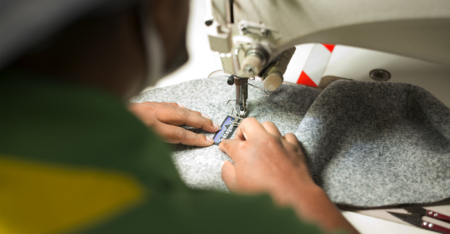Rose Marcario: Expanding Our Commitment to Fair Trade
You may be familiar with the “Fair Trade Certified” symbol and its assurance that some of the money spent on a bag of coffee or bar of chocolate goes directly to its producers and stays in their community. Patagonia, in partnership with Fair Trade USA, now makes clothes that provide the same benefit.
The program is simple: For every Fair Trade Certified™ item we have sewn, Patagonia pays a premium. The money goes into an account the workers control. This is not a top-down program but one run in each case by a democratically elected Fair Trade worker committee that decides how the funds will be used, whether designated for social, economic and environmental community projects like private health care or a child care center, or as a cash bonus that gets workers directly closer to a living wage.
We started small in fall 2014, with 11 yoga styles at Pratibha Syntex in India. This worked well enough that we could grow the program to 33 styles the following spring, then to 192 last fall. We have now paid out collectively over $430,000 to more than 7,000 workers. How did the workers vote? One group started a child care center; another purchased raincoats to wear to and from work during the monsoon season. Workers at yet another factory elected to take a cash bonus equivalent to one- to three-weeks’ pay.
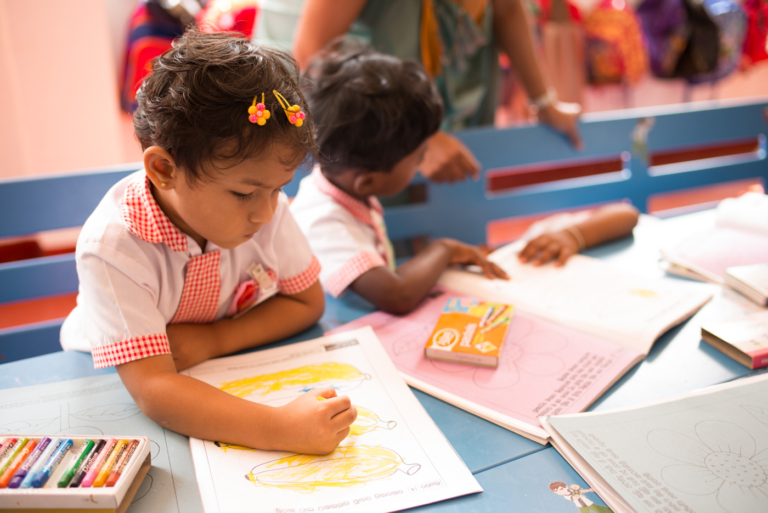
Employees at Hirdaramani-CKT Apparel in Sri Lanka voted to use their Fair Trade premium to open a free day-care center and implement a health and hygiene program. Read more. Photo: Tim Davis
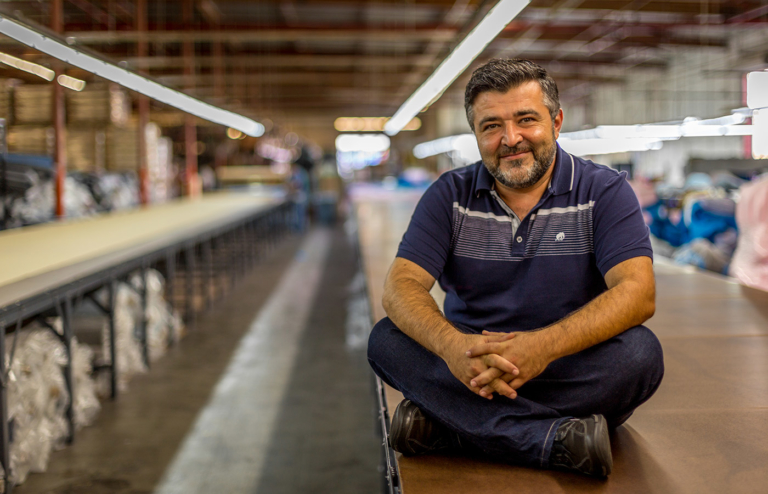
Workers who make T-shirts for Patagonia at Nature USA in Los Angeles, California, voted to take their Fair Trade premiums as a cash bonus equivalent to 1-2 weeks’ pay. Read more. Photo: Tim Davis
By fall 2017, we will expand our participation in the Fair Trade Certified program to more than 300 styles, including the Synchilla® Snap-T® fleece, one of our largest-volume styles, and to new factories in India, Thailand, Colombia, Vietnam, Nicaragua and Mexico. We’re not the only ones expanding participation in the program, which is enjoying phenomenal growth from other brands as well.
Fair Trade’s approach generates both better pay and employee participation in the life of the community. It also helps create better working conditions and safeguards against the use of child labor. Dialogue is another important aspect of Fair Trade. Pratibha, upon learning that Fair Trade committee members were considering spending some of their premium to build a cooking facility, recognized this as a need it should provide and paid for a new kitchen from company funds.
One last benefit falls not to the workers, the factory or Patagonia as a brand, but to the customer who buys a Fair Trade Certified garment: every purchase is a vote, with the pocketbook, for good values, an all too rare opportunity in our global economy.
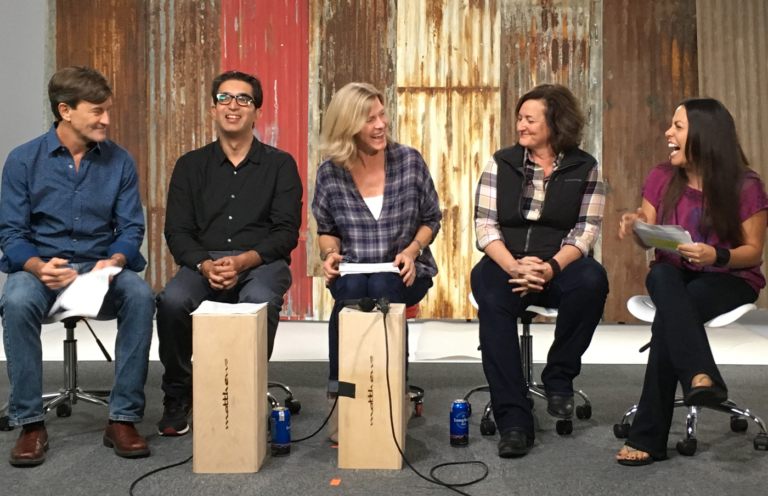
On October 6, 2016, Patagonia hosted a Facebook Live discussion about Fair Trade. The panel included (from left to right) Paul Rice, President & CEO of Fair Trade USA; Vinod, director of the Hirdaramana Mihila Fair Trade factory in Sri Lanka; Helena Barbour, Senior Director of Global Sportswear for Patagonia; Rose Marcario, CEO of Patagonia; and Cara Chacon, Senior Director of Social & Environmental Responsibility for Patagonia. Watch on Facebook. Photo: Whitney Clapper
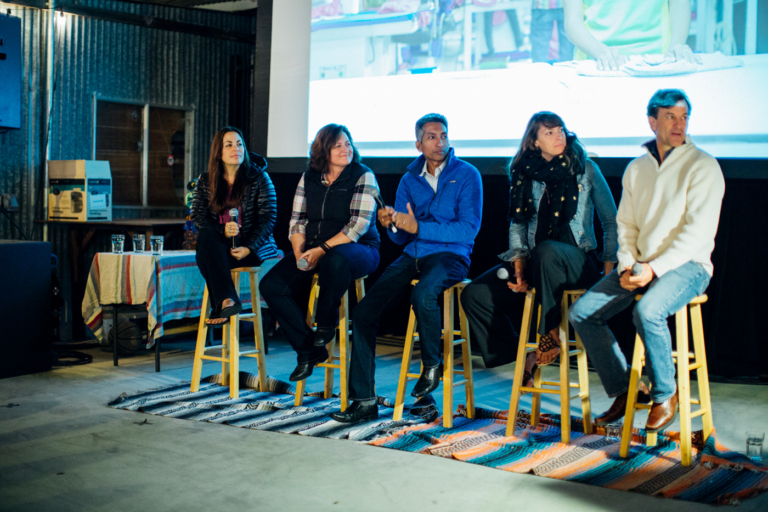
Then, later that night, we invited the community to a public screening of Fair Trade: The First Step and panel discussion in the courtyard of Patagonia HQ. Joining Cara, Rose and Paul for the evening panel, we had Chamara De Silva (middle), General Manager of Hirdaramani Mihila Fair Trade factory in Sri Lanka, and Maya Spaull (second from right), Senior Director of Apparel and Home Goods for Fair Trade USA. Ventura, California. Photo: Kyle Sparks
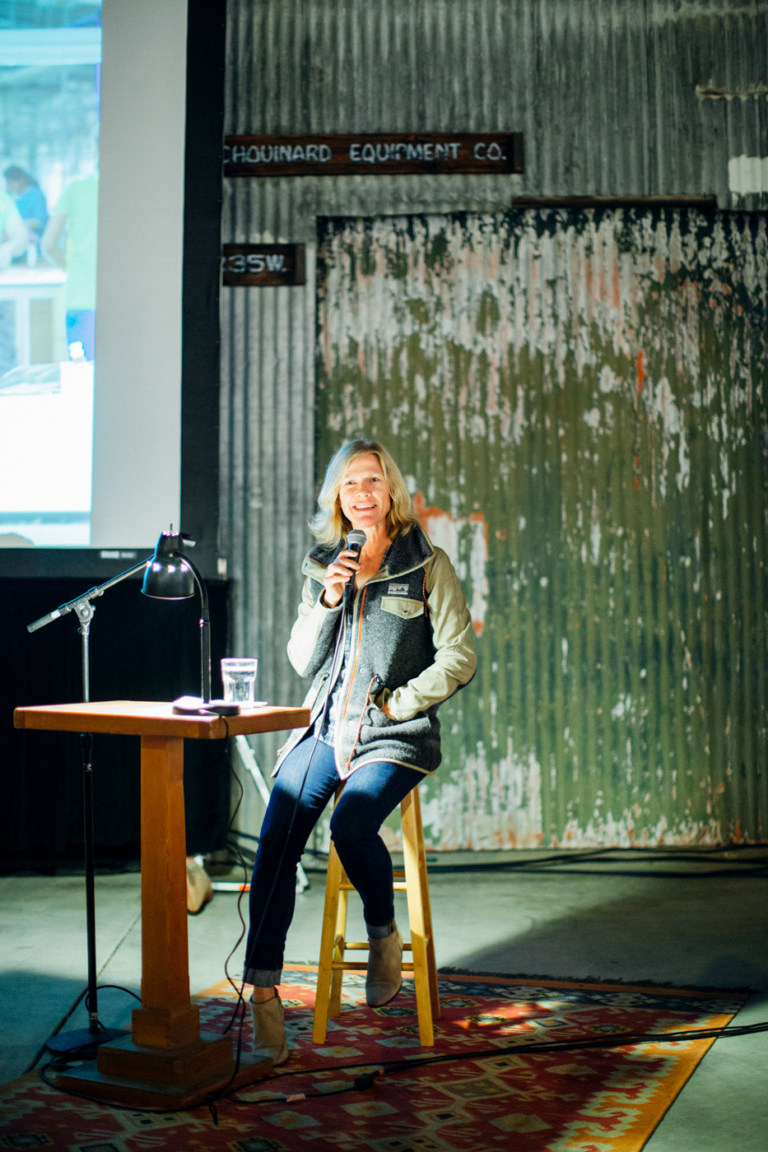
Helena introduces the panel in front of the Tin Shed. Photo: Kyle Sparks
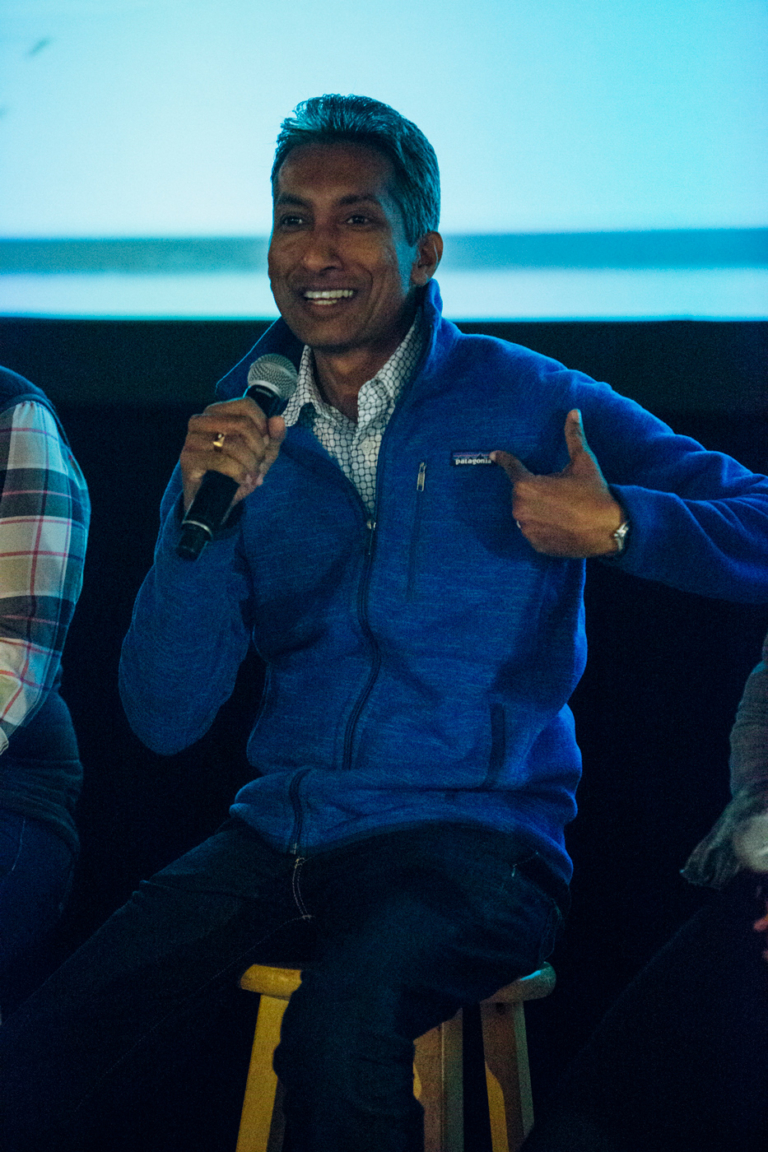
Chamara De Silva shows off his Better Sweater, one of the Patagonia garments made at the factory he oversees in Sri Lanka. We are grateful to Chamara and Vinod for traveling so far to join us. Photo: Kyle Sparks
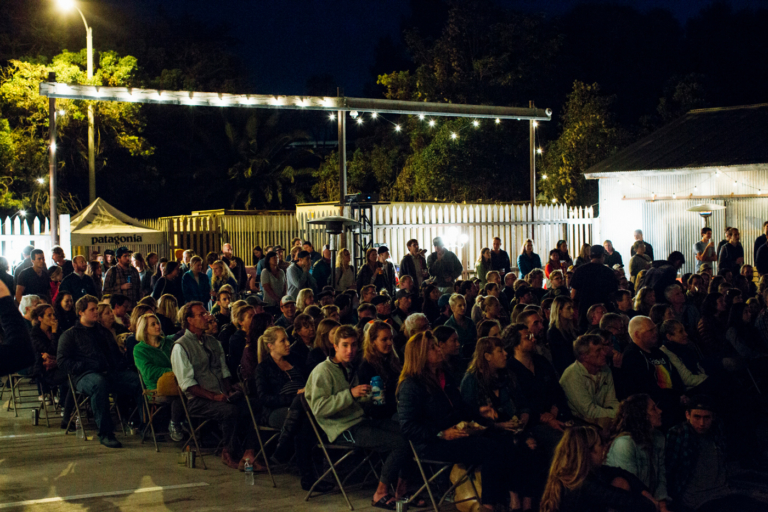
Thanks to everyone who attended this special event and everyone who participated in the Facebook Live discussion. Photo: Kyle Sparks
This article first appeared on LinkedIn and was updated to include the short film and Facebook Live links.
